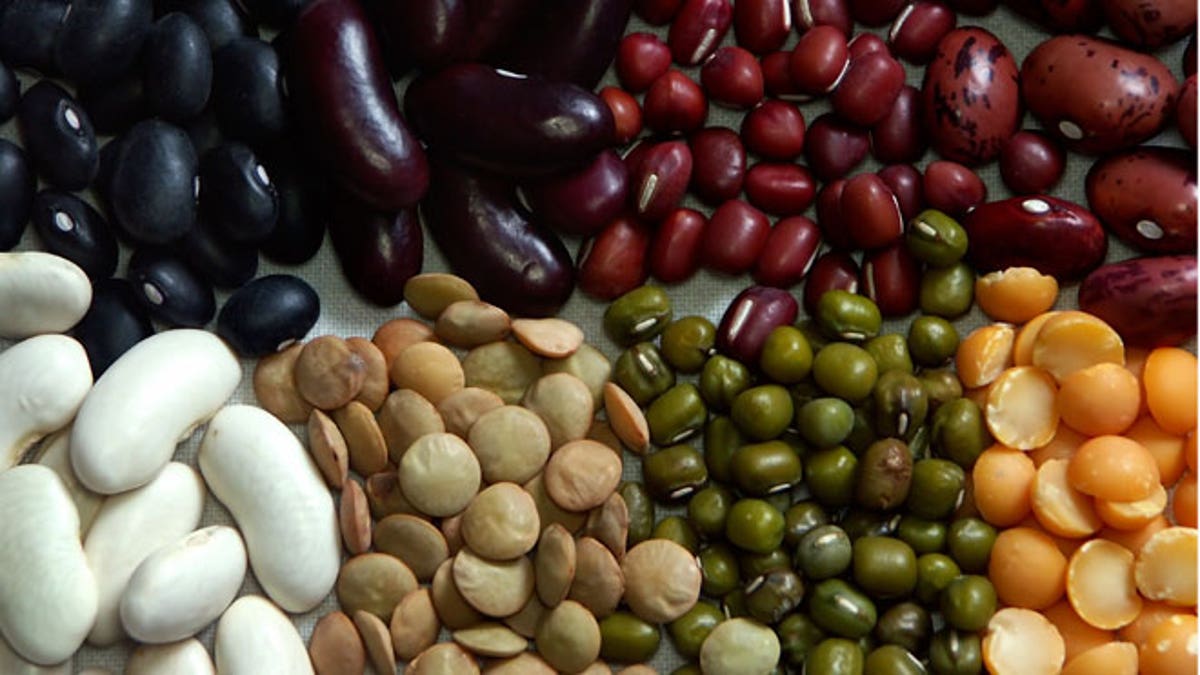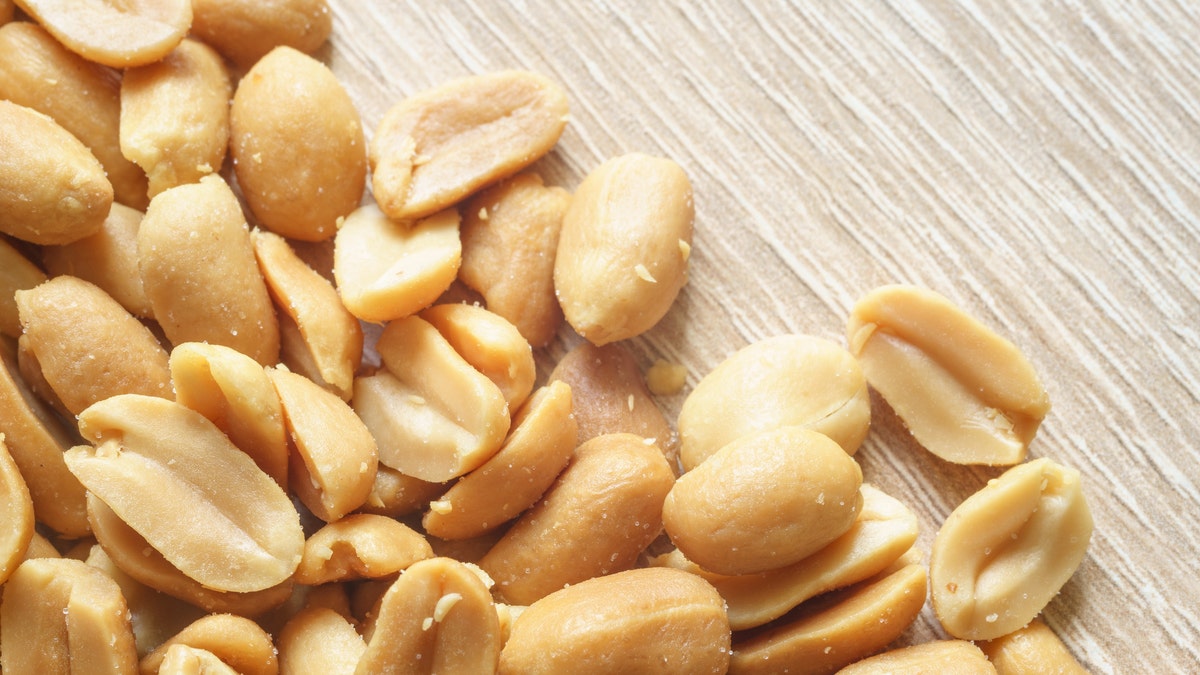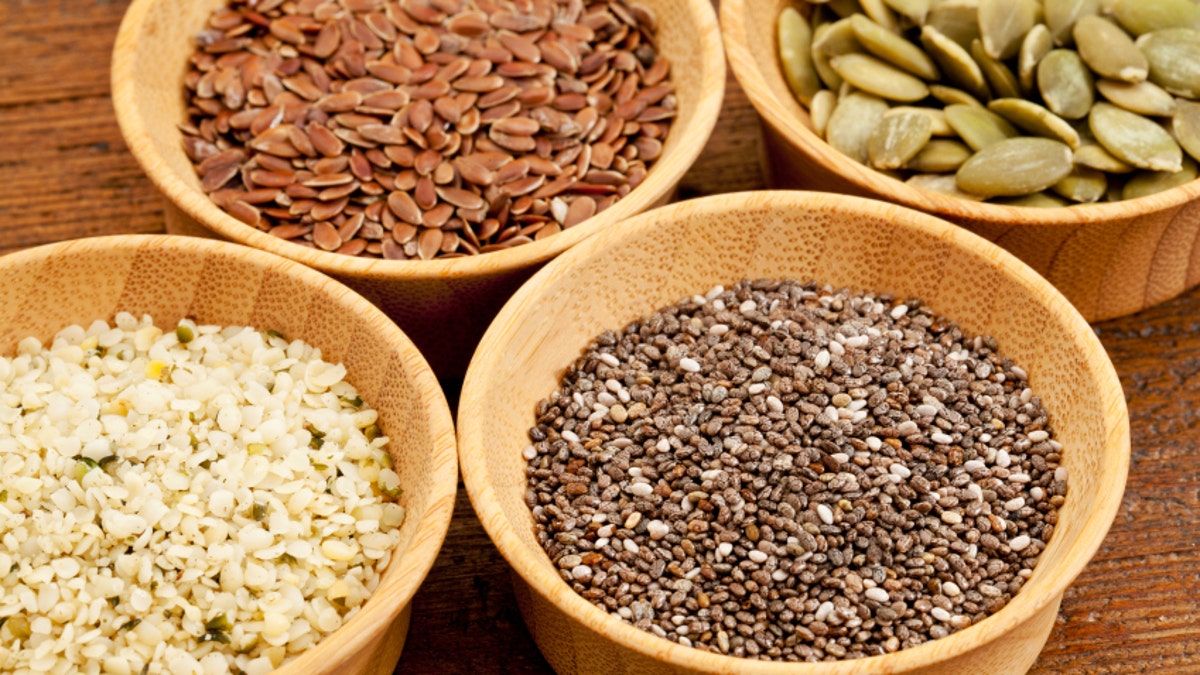
(iStock/Bevan Goldswain)
While recent Alzheimer’s disease research has given scientists pause after a promising drug failed to help treat the disease, numerous studies suggest you can still help eat your way to a healthier brain simply by modifying your diet. Best of all, it’s likely many of these brain-boosting foods may already be in your pantry.
Here are just a handful of pantry staples that may help stave off dementia:
1. Beans

(iStock)
Next time you’re at your favorite Tex-Mex restaurant, ask for a dollop of beans on the side. That’s because following a Mediterranean diet — which features wine, fish, and limited red meat, too — may help reduce brain shrinkage entirely, according to a January 2017 study published in the journal Neurology.
2. Coffee

(iStock)
Your daily cup of Joe contains powerful antioxidants, which can reduce inflammation — an effect linked with a slew of chronic diseases, including Alzheimer’s, research suggests. In a February 2012 study published in the Journal of Alzheimer’s Disease, researchers found that people over age 65 who had three daily cups of coffee (and had higher caffeine levels) saw delayed onset of Alzheimer’s by two years, compared with study participants who had lower caffeine levels.
3. Chocolate

(iStock)
Go ahead, indulge! Chocolate, and especially the dark variety, contains resveratrol, which reduces the inflammation that’s associated with Alzheimer’s. A September 2015 study published in Neurology suggested a purified version of the compound helped reduce an Alzheimer’s biomarker in people with mild to moderate forms of the disease.
4. Peanuts

Closeup on roasted salted peanuts, wooden background, diagonal composition (iStock)
Next time you satisfy your craving for a crunchy snack with this baseball fan favorite, you may also help boost your brain health. A February 2009 study in the journal Neurochemistry International suggested nuts, which also contain resveratrol, helped reduce beta-amyloid plaque formation in mice’s brains.
5. Sunflower seeds

chia, hemp, flax and pumpkin - healthy seeds in small wooden bowls (iStock)
Several studies suggest foods rich in vitamin E, including sunflower seeds, are linked to a reduced risk of Alzheimer’s. Researchers say the antioxidant can help neutralize free radicals and combat oxidative stress — two processes associated with the disease.
6. Tea

(iStock)
This winter-friendly beverage has a host of health benefits, and the green variety specifically is associated with a lower Alzheimer’s risk. A May 2015 study published in the Journal of Alzheimer’s Disease found that, when combined with exercise, green tea improved behavior and cognition in mice with the brain disease.








































